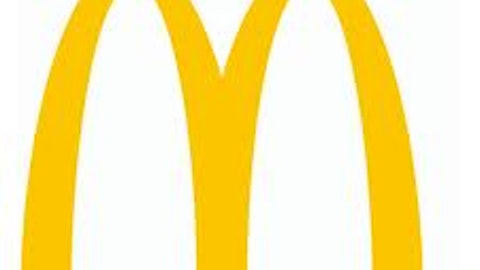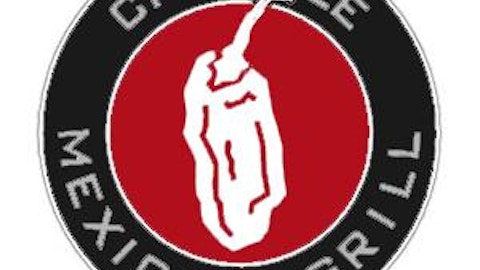“You can’t short anything in this market because of the amount of money-printing.”
Fred Hickey, editor of the High-Tech Strategist, made this remark last week to Barron’s as part of its 2013 roundtable. If you agree with Hickey, you need not read any further.
But some contrarians insist today’s happy consensus that the market can only go higher is exactly the sort of sentiment indicator that generally precedes a market correction, if not a period of stagnation that allows economic conditions to catch up to market exuberance.
So let’s say you want to hedge your portfolio but you’re not an options player and you’re not particularly interested in shorting some of the world’s biggest and best companies, which is what you end up doing with exchange-traded funds that purport to deliver the inverse of the major indexes, such as ProShares Short S&P500 (NYSEARCA:SH) and ProShares Short QQQ. These funds also have compounding issues that make them ill-suited for long-term holds.

At the end of January, HDGE’s largest short position, accounting for slightly more than 5 percent of the fund, was Cliffs Natural Resources Inc (NYSE:CLF), a major producer of iron ore headquartered in Cleveland that operates mines in the U.S., Canada and Australia. Short interest in Cliffs as a percentage of the float was a whopping 17.8 percent in mid-January, with 25 million of 141 million shares sold short, according to Yahoo! Finance.
Although this looks like a bet against a robust economic recovery, particularly in Europe and Asia, where weak demand for steel has cut iron prices globally, HDGE co-manager John Del Vecchio focuses on quality of earnings in selecting his short positions.
“I’m a forensic accountant by trade, so I find publicly-traded companies where management is aggressive in the accounting and they’re using that accounting to mask a deterioration in their business,” Del Vecchio says. “We short those companies on the expectation that they’ll miss earnings or reduce guidance.”
Cliffs has seen its share price cut in half over the last 12 months. It has enjoyed a mild recovery since the lows of last fall, when it reported third-quarter earnings of $85 million, a drop of more than 80 percent from the $601 million it reported in the year-earlier period. Sales were also down as higher costs and lower prices squeezed many commodity producers. At the height of the boom, more than four years ago, Cliffs traded at $110 per stub.
Fourth quarter earnings, scheduled to be reported Feb. 13, will be impacted by a $1 billion write-down of goodwill related to a 2011 acquisition. This is the sort of balance sheet retrenchment Del Vecchio looks for.
Some analysts think the worst is over. Based on an expectation of higher iron ore prices, Bank of America/Merrill Lynch increased its price target on CLF to $39 in January, and Deutsche Bank upgraded the shares from hold to buy, with a target of $48.
With a trailing price/earnings ratio of about 6 and a 6.7 percent dividend yield (the company jacked up its quarterly payout 123 percent last spring, from $0.28 to $0.625 per share), Cliffs looks cheap, although analysts estimate a forward P/E around 12 amid a cloudy outlook for the price of steel.
With its continuing short position, HDGE is betting that Cliffs has farther to fall. This might be a macro bet on steel demand, but based on Del Vecchio’s specialty, it is more likely a judgment on the company’s earnings quality.





